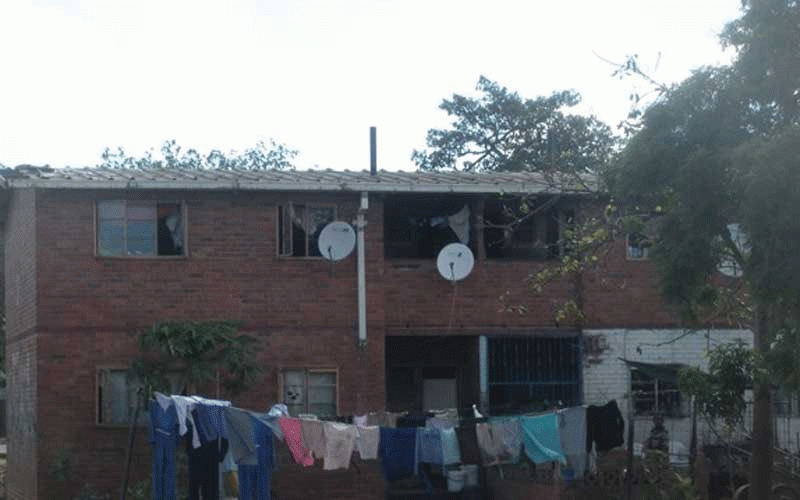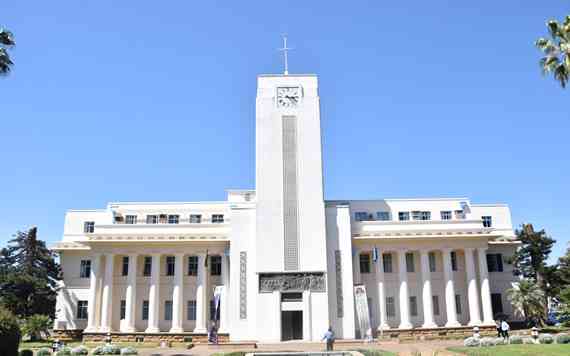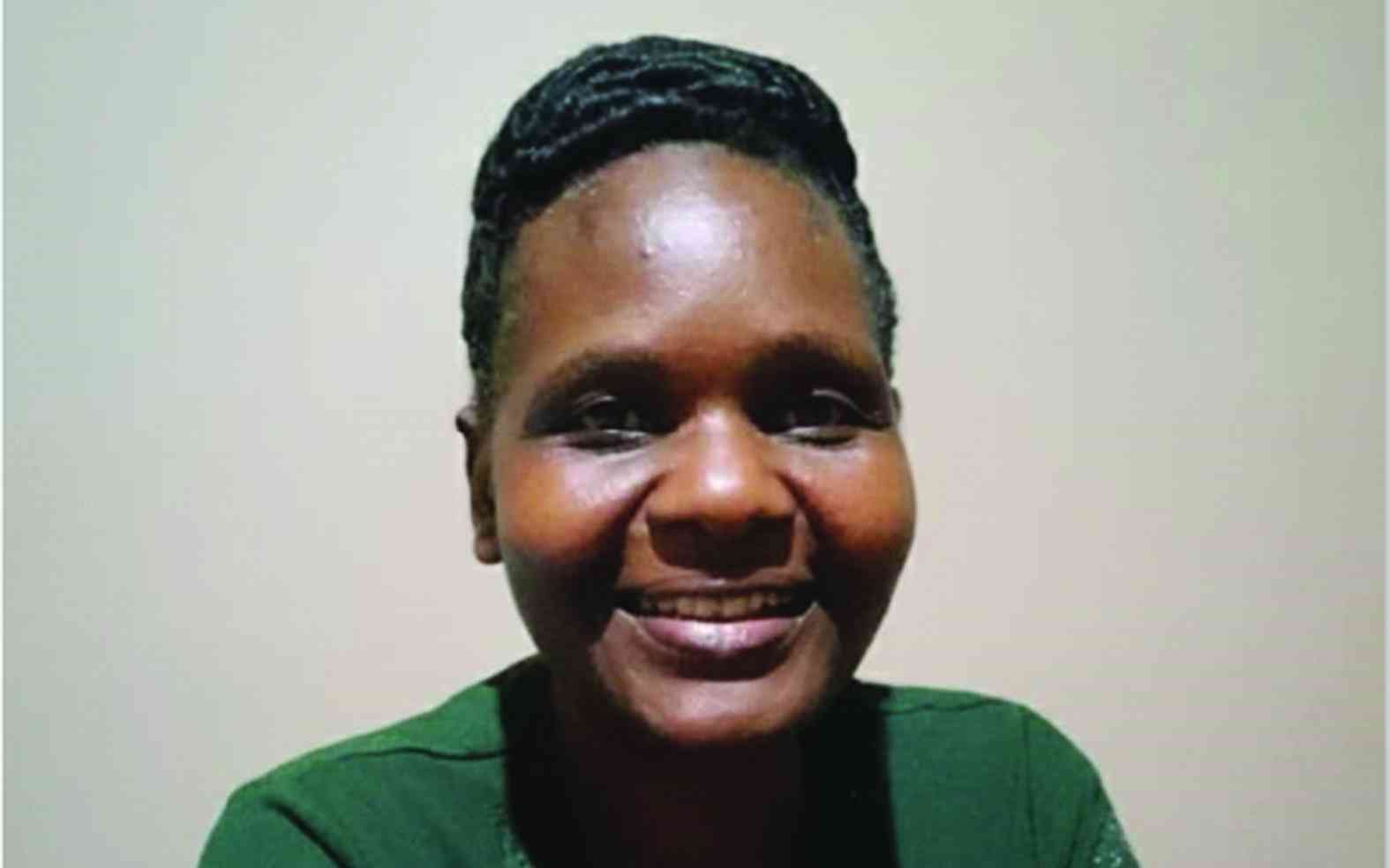
The government has all, but abandoned an ambitious plan to modernise Bulawayo’s oldest suburb, Makokoba, seven years after the project was first mooted.
In 2018, government announced a US$139,24 million package to modernise Makokoba and the oldest suburb in Harare, Mbare.
The project was meant to uplift deteriorating infrastructure and transform the areas into vibrant urban spaces.
Makokoba, which carries deep historical and cultural significance as the city’s oldest township, was earmarked for a US$21 million facelift.
The Bulawayo City Council was expected to contribute US$5,5 million, with the balance coming from central government and the private sector.
Officials at the time said the township would be transformed into a high-rise residential hub, while also being developed into a tourism drawcard similar to Soweto in South Africa.
Preliminary works including topographical surveys, master planning, and architectural designs were reportedly completed by late 2018.
In subsequent years, council advertised tenders for consultancy services to guide the Makokoba Local Subject Plan (LSP), a framework meant to drive the redevelopment.
- Uproar over census figures
- Byo Arts Festival in turmoil…One year later, festival has yet to pay artists…Organisers play cat and mouse with artists
- Bulawayo struggles to clear housing backlog
- Council acts tough on debts
Keep Reading
However, by 2023, the council cancelled the tender, citing administrative and technical issues.
Without the LSP, the project has stalled, leaving residents frustrated at the lack of tangible progress on the ground.
Bulawayo United Residents Association chairman, Winos Dube, told Southern Eye on Sunday that the silence around the project has dashed hopes of many in the city.
"These are some of the developments that we think about with a lot of concern because we are saying if something has been announced, it is our hope that perhaps all measures, all studies would have been carried out before making the public announcement,” Dube said.
"As residents, we tend to look forward to such development, but then we question ourselves when we are seeing no results on the ground."
Bulawayo mayor David Coltart referred Southern Eye on Sunday to council spokesperson Nesisa Mpofu for comment.
Mpofu did not respond when contacted for comment. Dube said it was clear that the project had been abandoned.
"And in this case, we are seeing that the council was to contribute US$5,5 million with an expected total of US$21 million," he said.
"It would look like both sides abandoned the whole thing, and they just folded their hands.”
Dube said the project had potential to raise Bulawayo’s profile if it had been executed.
“We had high hopes that this would give respect and honour to our city," he said.
"It might be saved it’s Makokoba, but at the end of the day, this would have promoted Bulawayo as a city. I want to believe when this would have been carried out according to plan, it would be a source of revenue, significantly contributing to the economy of Bulawayo.
"But failure to kickstart is one concern that we are always asking, 'are we having the right people making the right plans and following them?”
The Bura chairperson urged authorities to revisit the commitments made in 2018 and ensure that Makokoba’s rehabilitation becomes a reality.
“It has got the significance, it has got the history of this city if not even the country," he said.
"We just always keep our fingers crossed, hoping that the concerned authorities will revisit and do something about this whole project.”
Makokoba continues to battle sewer bursts, poor sanitation, overcrowding and dilapidated housing, conditions that residents say have worsened despite repeated government commitments.
Former Bulawayo deputy mayor, Mlandu Ncube attributed the lack of progress on the project to the poor state of the economy.
“The project was on course but what was the biggest challenge was the issue of….. you know, we can talk about this redevelopment thing,” Ncube said.
“But when we attach it to development… development should be attached with the investment whether is there funding. You know, normally when people do funding, they fund expecting what are they going to get their money back? So, as you know, the economy of the country is not stable, so people are scared to put a funding.”









